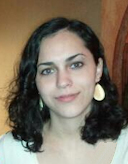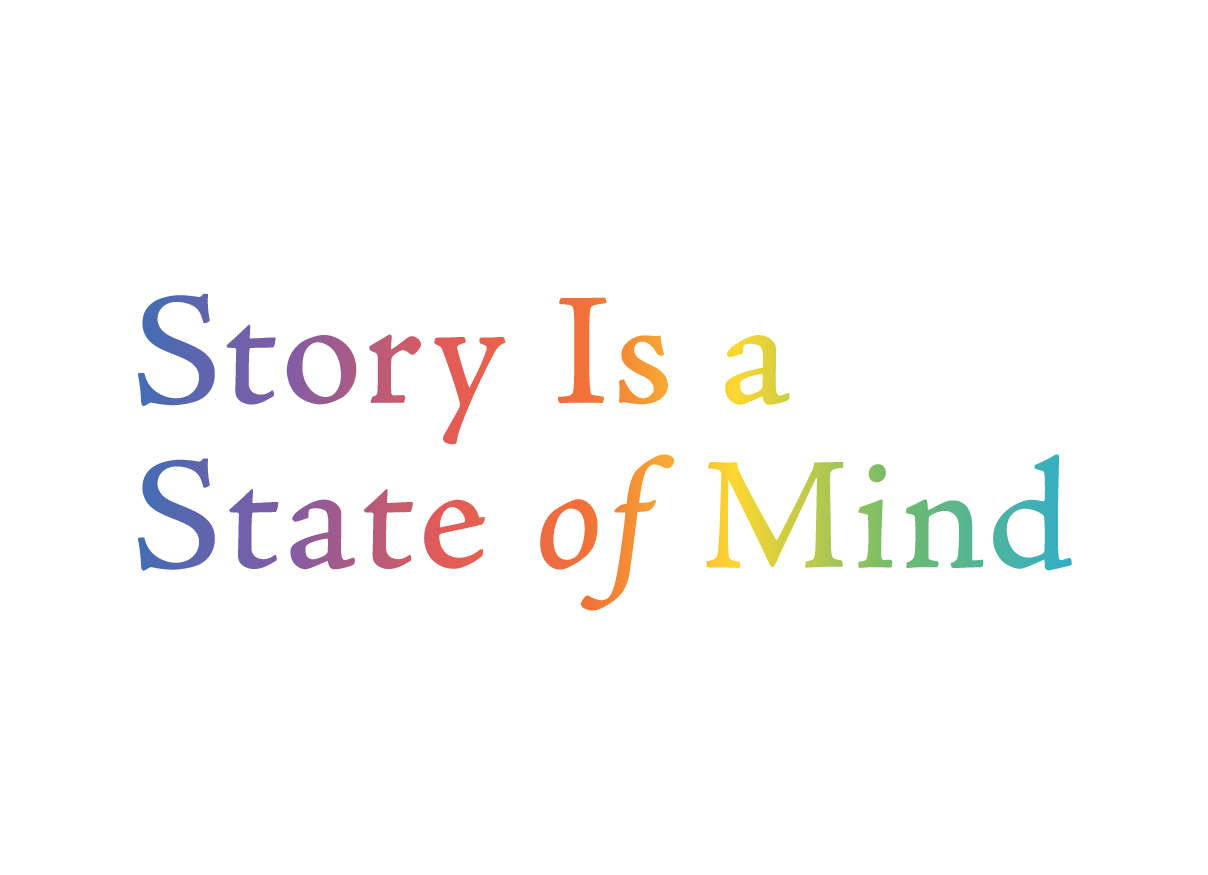 Please welcome one of our assistant editors, Lauren Ruiz.
Please welcome one of our assistant editors, Lauren Ruiz.
Originally from the tropical island of Dominican Republic, Lauren is a New Hampshire-based editor and writer. A member of the American Copy Editors Society and various other groups, she founded her professional editing service, Pure Text, in 2010, where she’s worked with countless established and upcoming contemporary fiction authors among others.
Who are your greatest literary influences, and which of their works have had the biggest impact on your own writing?
Unless a poem or piece really strikes me I don’t usually note the author. I mostly let the words have their way with me and then I move on. Stephen Dunn, though, won me over as a fan.
The easy style Dunn brings to his poems is incredible. He uses everyday, plain-spoken words, but the way he paces his lines, his honesty, brings a wash of serenity to his work. This pleasingly slower pace can be found in his poem “Sweetness” and in his piece “Routine Things Around the House,” which is about how his mother showed him her breasts when he asked to see them as a boy, a moment that defined him in part.
Jonathan Ames, an author who’s particularly fond of breasts and open about sex, is my second biggest influence. He influences my work more directly than Dunn because I don’t only admire him, I also dream of capturing the hilarious authenticity with which he lays out his foibles for the reader. His best book in my eyes is The Extra Man. Not for the sexually shy.
I do wonder what it says about me that my two biggest influences are male. Probably nothing. But the fact that these two are so open about their inner workings and experiences says it all: I don’t believe these men second-guess how much they’re revealing (for too long), and I find their writing a joy to read.
In your opinion, what makes a poem outstanding?
How a poem sounds (as opposed to just what it says) is highly important to me. It must transcend everyday language, even if slightly or subtly. A poem becomes outstanding once it manages to capture a human truth effortlessly. This requirement isn’t accurate for every outstanding poem I’ve read, but most of the poetry that has really struck me has these essential elements.
What are your long-term goals for your writing? Where do you hope to be ten years from now?
Ten years from now I hope to have a literary fiction novel out that I feel has captured the texture and quirkiness of life. I also hope to have a book of poems published that I feel is 100% true to me and which I hope has little to no borrowed voice—and when it does, I hope the voice I’ve borrowed is one I actually like.
Sometimes when I read the work of other poets I hear this contemporary, recycled voice that doesn’t, to me, seem to reflect a genuine person, but rather a borrowed, accepted transcription of a self. This would be a wonderful time for me to offer an example—but I don’t want to single out any poem or poet, and even without an example, I bet some will say “ah, yes” and remember a time when they’ve read this false voice. It’s also possible that what to me sounds like a false voice is completely genuine. Analyzing just why some poems sound false to me is in my future.
Learn more about Lauren at her website, and follow her on Twitter.










Speak Your Mind